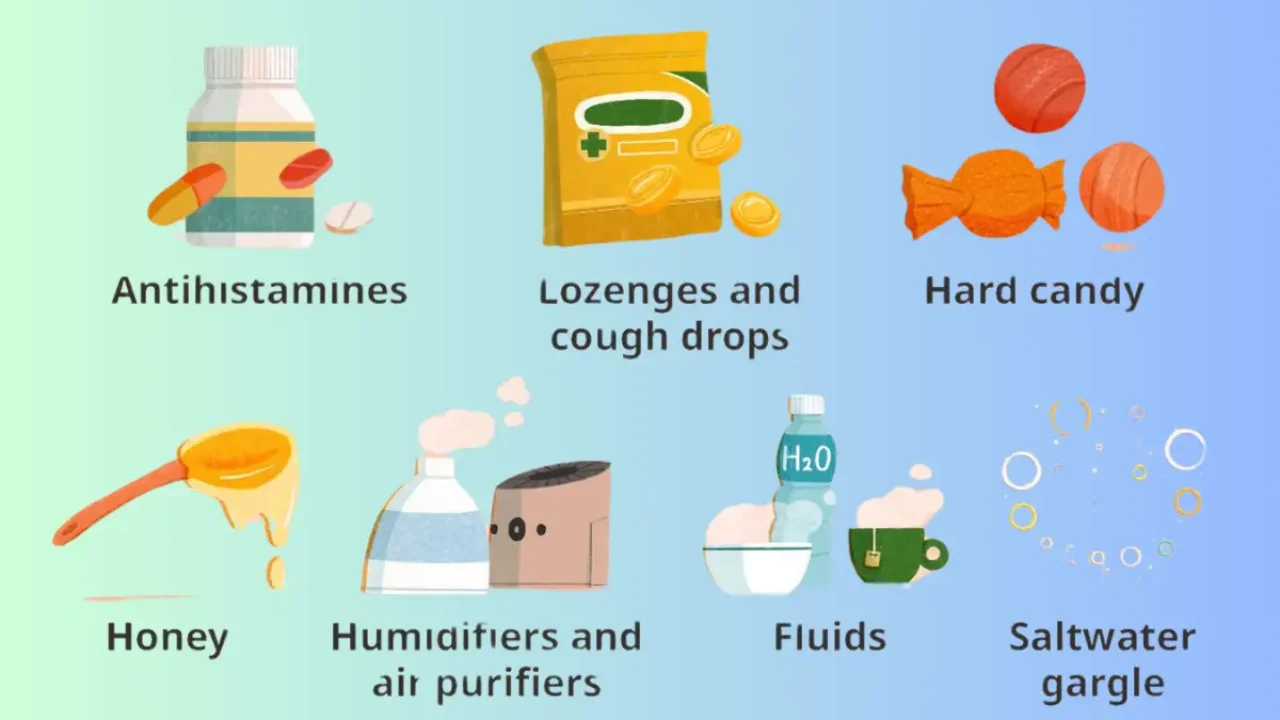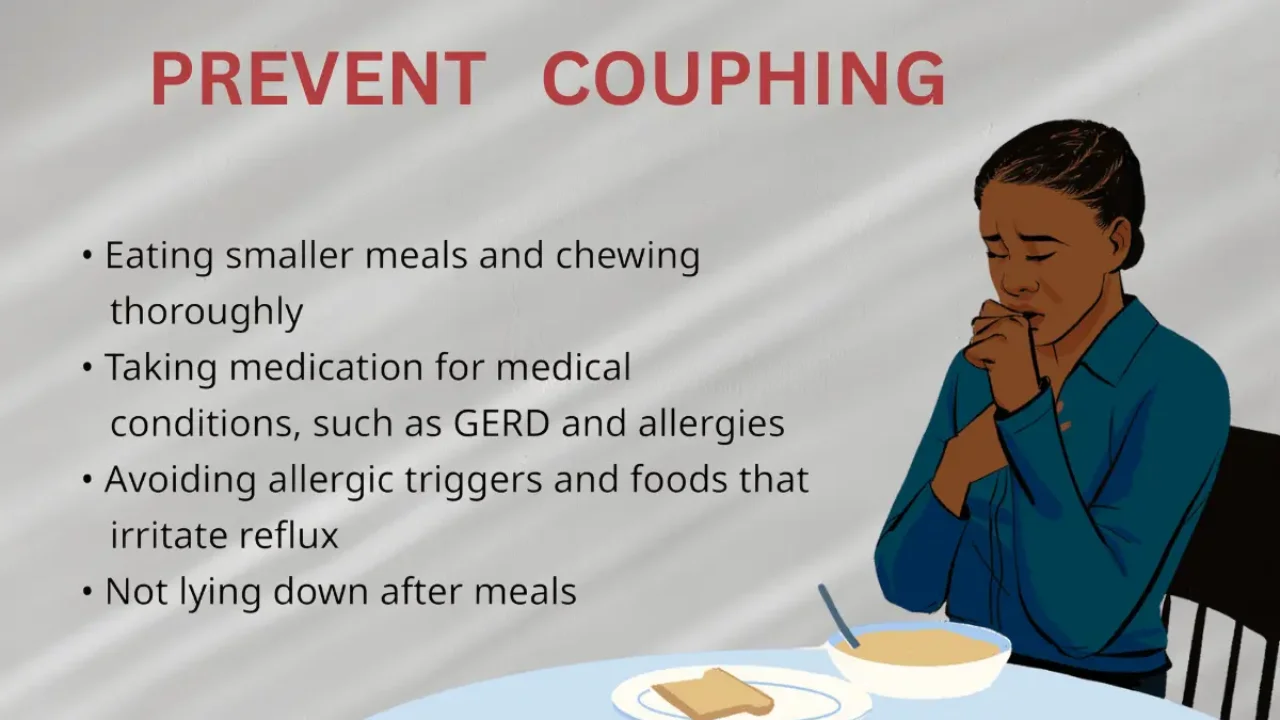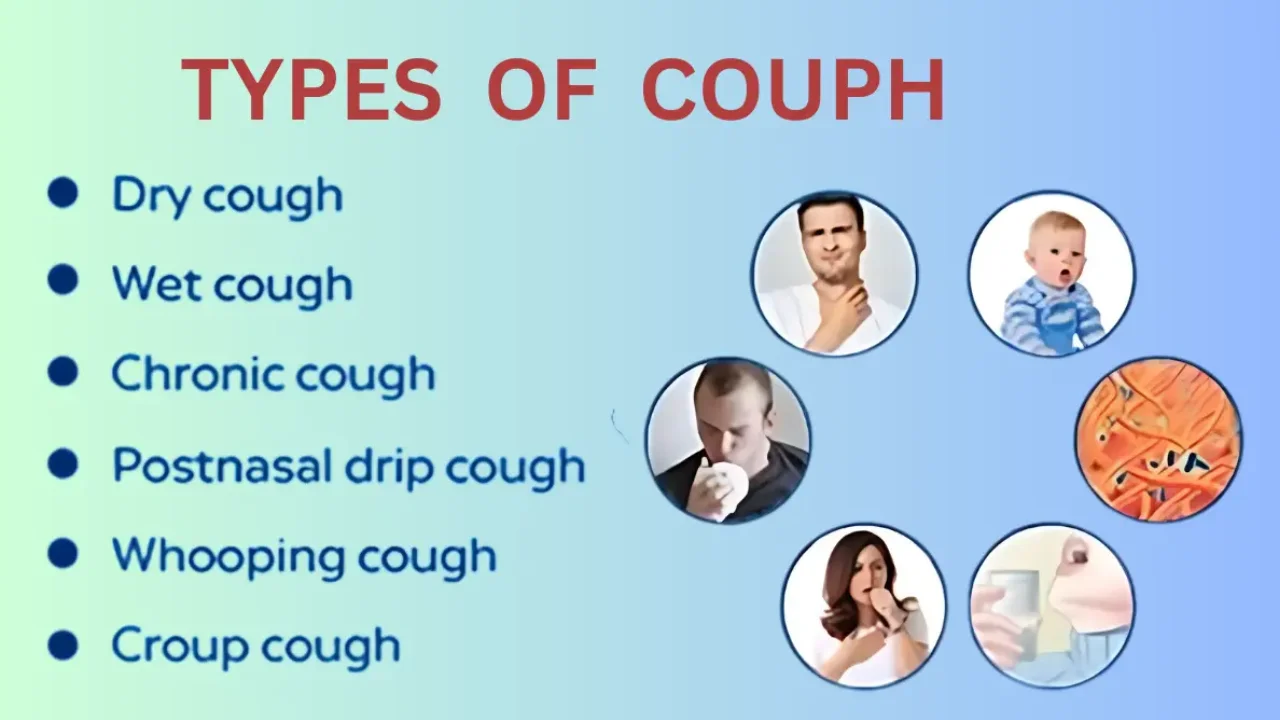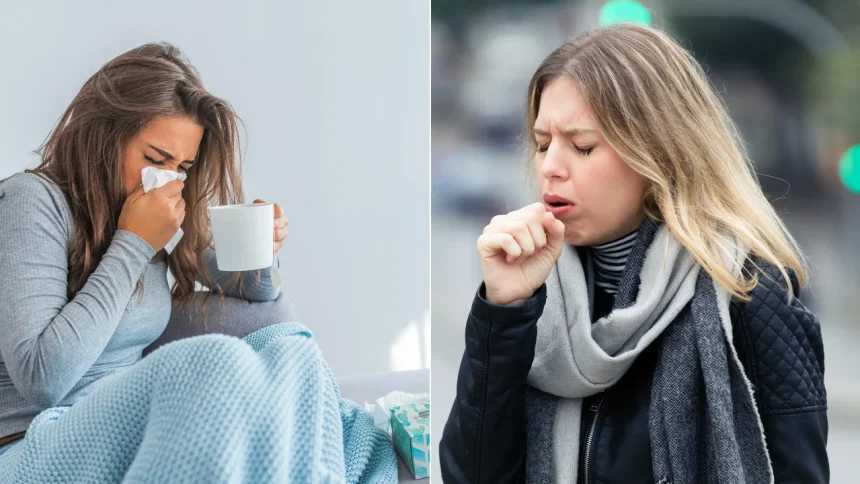Coughing can result from allergies. To understand how, you first need to know why allergic reactions happen. When you come in contact with an allergy trigger or allergen, your body mistakes it as a threat and responds as it would to a virus or bacteria. Your immune system releases histamine and other chemicals to fight off the perceived threat.
An allergic reaction often leads to an increase in mucus production. Mucus may build up in your nasal passages and drip down into your throat. The presence of mucus in your throat may then trigger your cough reflex to help clear your airways. Other times, pollens and allergens can be inhaled into the lungs, leading to a dry cough or asthma flare.
characteristics of coughing due to allergies?
Coughing due to allergies is often dry, meaning you don’t cough up phlegm or mucus. Allergy coughing is also likely to be chronic, lasting eight weeks or more. You may also notice that you only develop a cough during certain times of the year, such as in the spring or summer. Other times, your symptoms could be a warning sign that you’re developing asthma or other chronic health condition, which should be evaluated by your healthcare provider. If your cough persists year-round, it may worsen when allergens you’re sensitive to, such as ragweed or grass pollen, are most prevalent outdoors.
If your cough is due to allergies, you may experience other symptoms, such as:
- Nasal congestion
- Sore or scratchy throat
- Sneezing
- Itchy, watery eyes
- Itching of the nose and throat
- Dark circles under the eyes

How do you treat a cough due to allergies?
Treating a cough caused by allergies typically involves a few key strategies:
Identify and Avoid Triggers:
The first step is to identify allergens that may be causing your cough. Common triggers include pollen, pet dander, mold, and dust mites. Once identified, minimizing exposure can help reduce symptoms.
Antihistamines:
Over-the-counter antihistamines (like cetirizine or loratadine) can help reduce allergy symptoms, including cough. They work by blocking histamine, a substance in the body that causes allergic reactions.
Nasal Corticosteroids:
Nasal sprays containing corticosteroids (like fluticasone) can reduce inflammation in the nasal passages, which may help alleviate postnasal drip, a common cause of coughing in allergy sufferers.
Decongestants:
If nasal congestion is contributing to your cough, a decongestant (like pseudoephedrine) may help clear your sinuses and reduce the urge to cough.
Humidifiers:
Using a humidifier can help keep the air moist, which may soothe the throat and reduce coughing, especially in dry environments.
Saline Nasal Rinses:
Rinsing your nasal passages with a saline solution can help clear out allergens and mucus, reducing irritation and cough.
Stay Hydrated:
Drinking plenty of fluids can help thin mucus and soothe an irritated throat.
Consult a Doctor:
If symptoms persist or worsen, it’s important to consult a healthcare professional. They may recommend additional treatments, such as prescription medications or allergy testing.

How to Prevent an Allergy Cough
Preventing an allergy-related cough involves several proactive measures to reduce exposure to allergens and manage symptoms effectively. Here are some strategies:
Identify Allergens:
Work with an allergist to identify specific allergens that trigger your symptoms. Common allergens include pollen, dust mites, pet dander, mold, and certain foods.
Limit Exposure:
Pollen: Stay indoors on high pollen days, especially during early morning hours. Keep windows closed and use air conditioning.
Dust Mites: Use allergen-proof covers on pillows and mattresses, wash bedding in hot water weekly, and reduce clutter that collects dust.
Pet Dander: If you’re allergic to pets, consider keeping them out of bedrooms and using HEPA filters to reduce dander in the home.
Mold: Keep areas prone to moisture (like bathrooms and basements) dry and well-ventilated. Clean visible mold promptly.
Air Quality:
Use HEPA air purifiers in your home to help filter out allergens. Regularly change air filters in your HVAC system.

Medication:
Consider taking preventive allergy medications, such as antihistamines or nasal corticosteroids, during allergy season or when you know you’ll be exposed to allergens.
Stay Hydrated:
Drink plenty of fluids to keep your throat moist and help thin mucus, which can reduce irritation.
Practice Good Hygiene:
Wash your hands frequently and avoid touching your face to minimize the chance of introducing allergens into your system.
Avoid Smoking and Pollutants:
Stay away from tobacco smoke and other pollutants, as they can exacerbate allergy symptoms and coughing.
Consider Allergy Shots:
For long-term relief, talk to your doctor about immunotherapy (allergy shots), which can help desensitize you to specific allergens over time.


